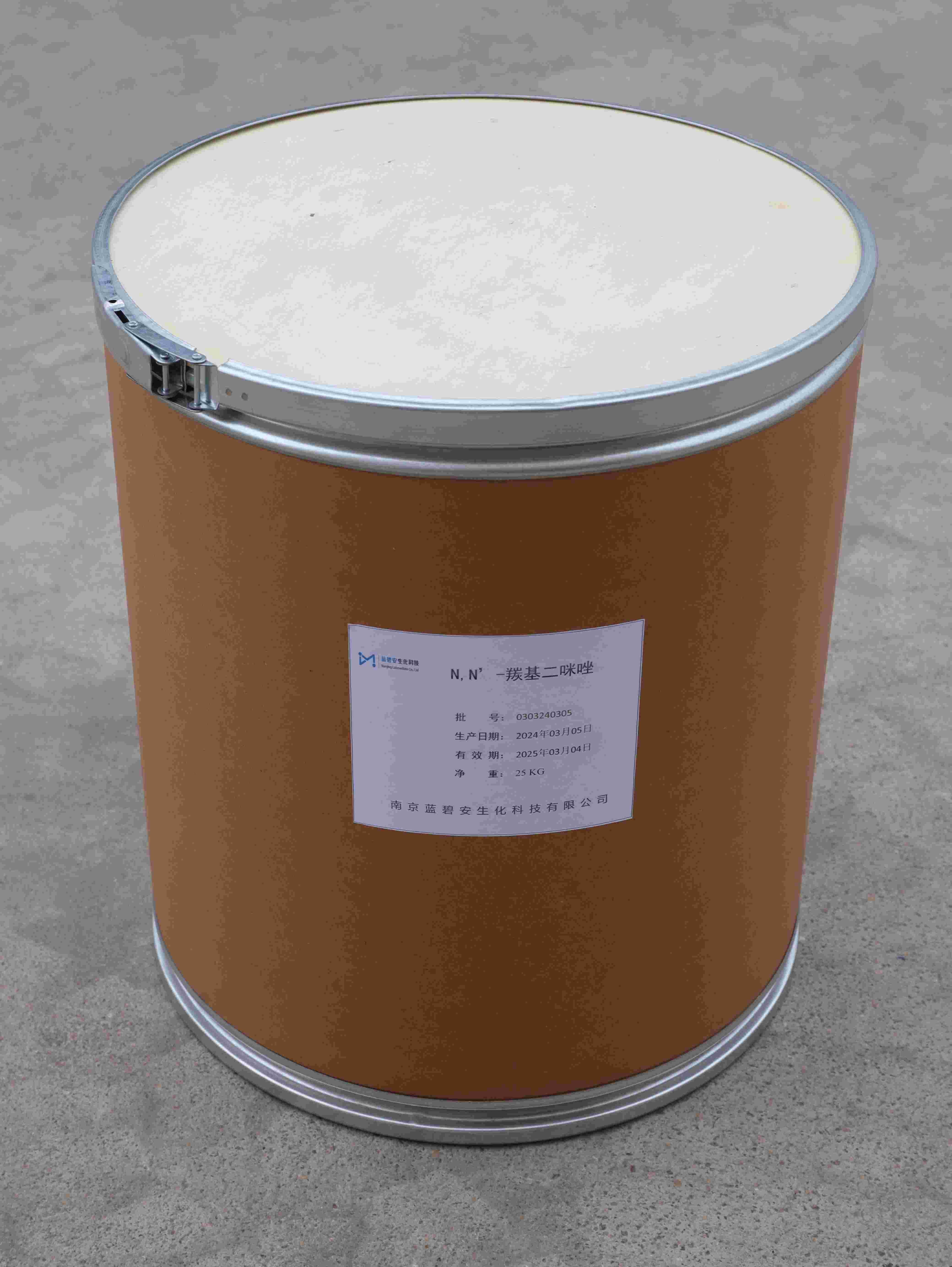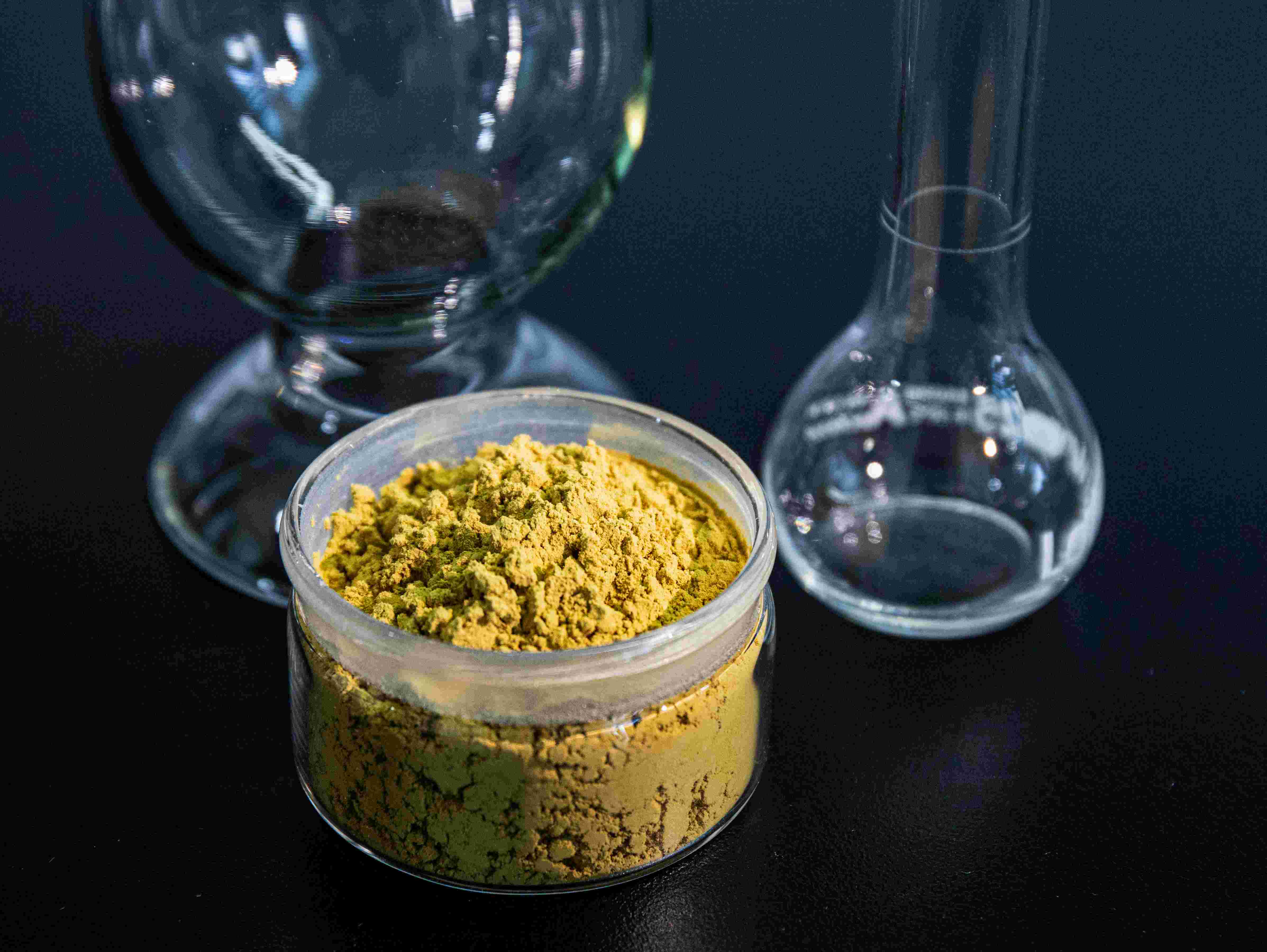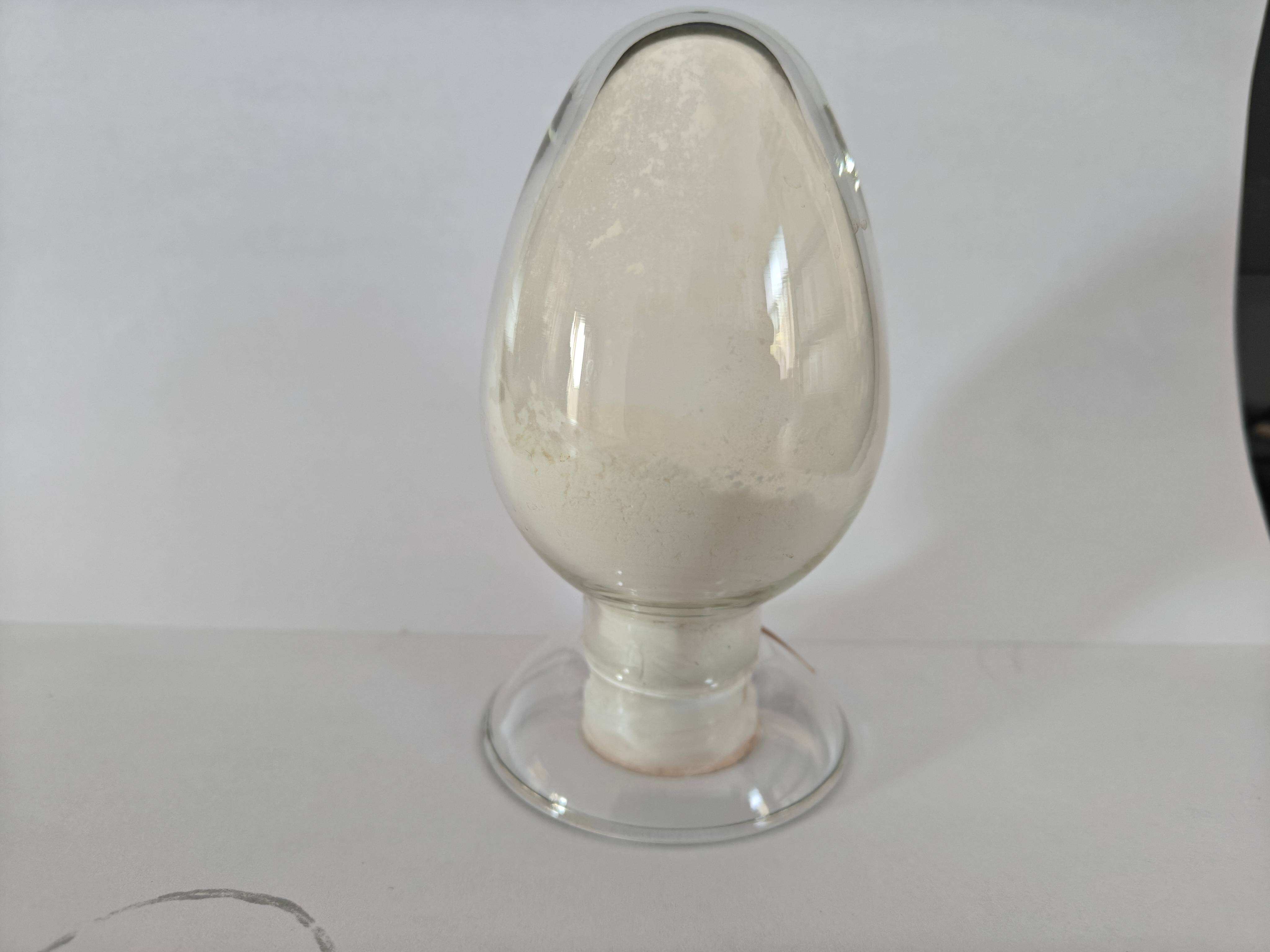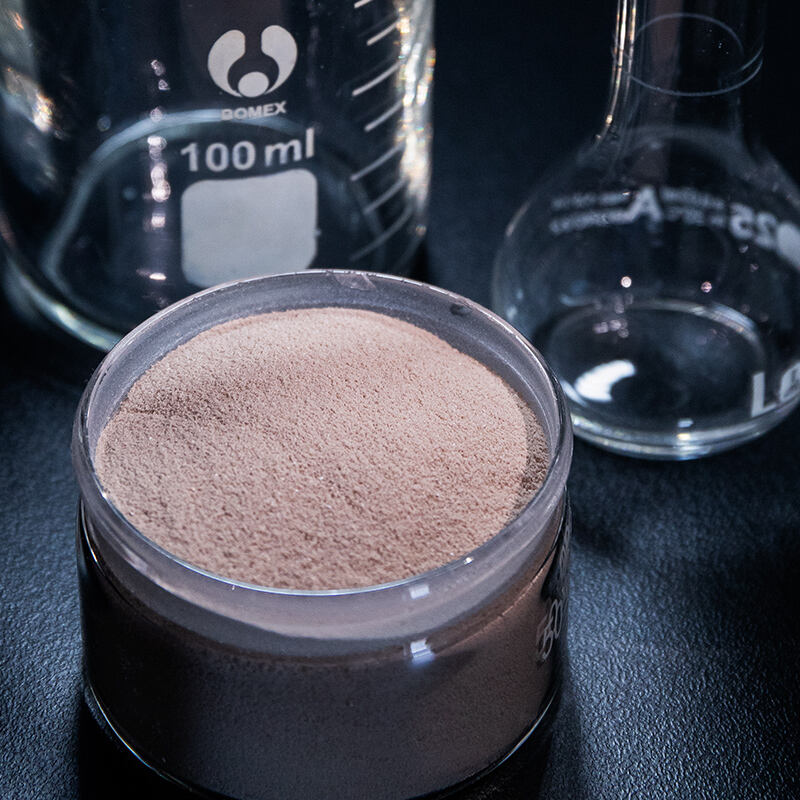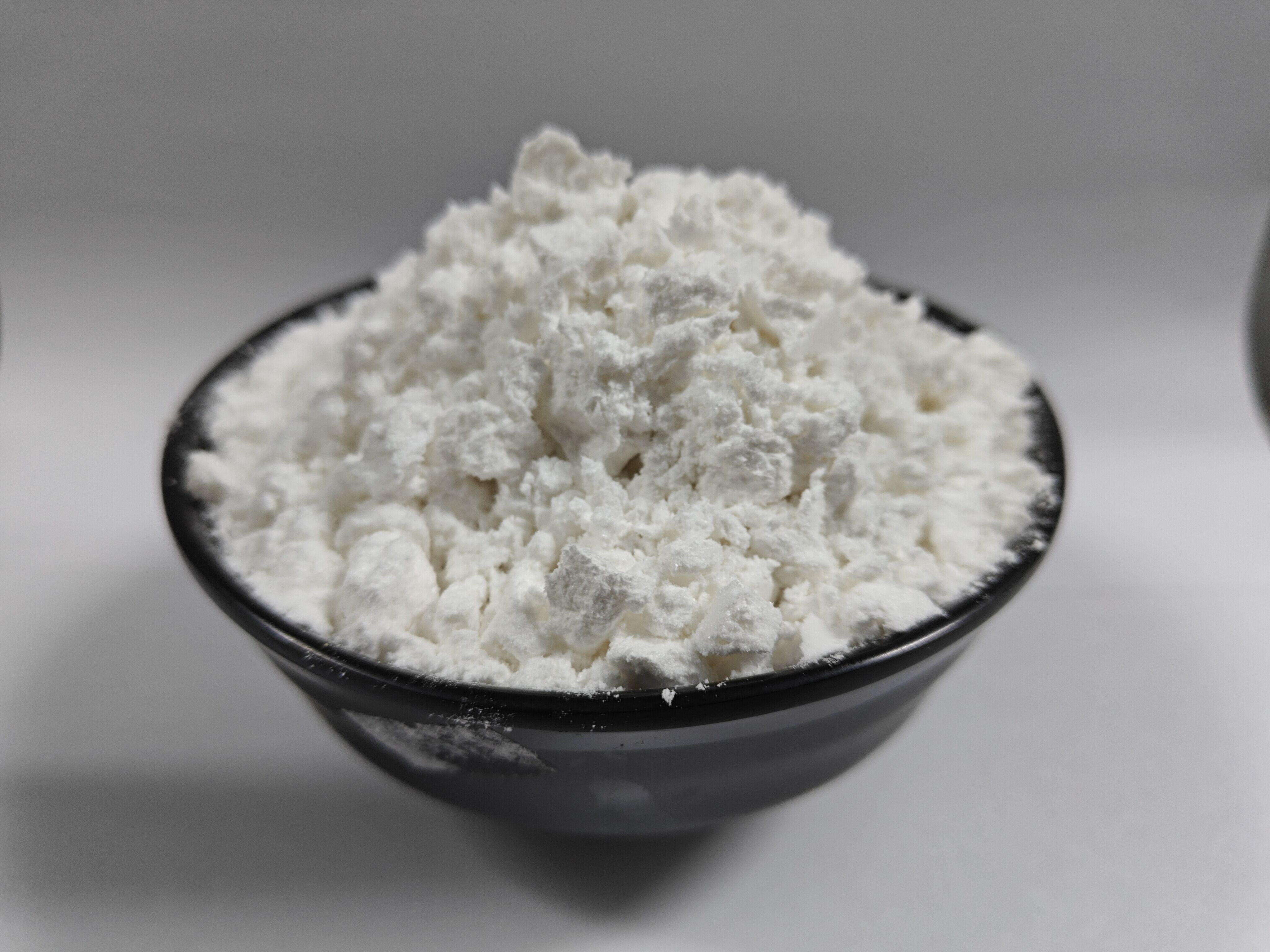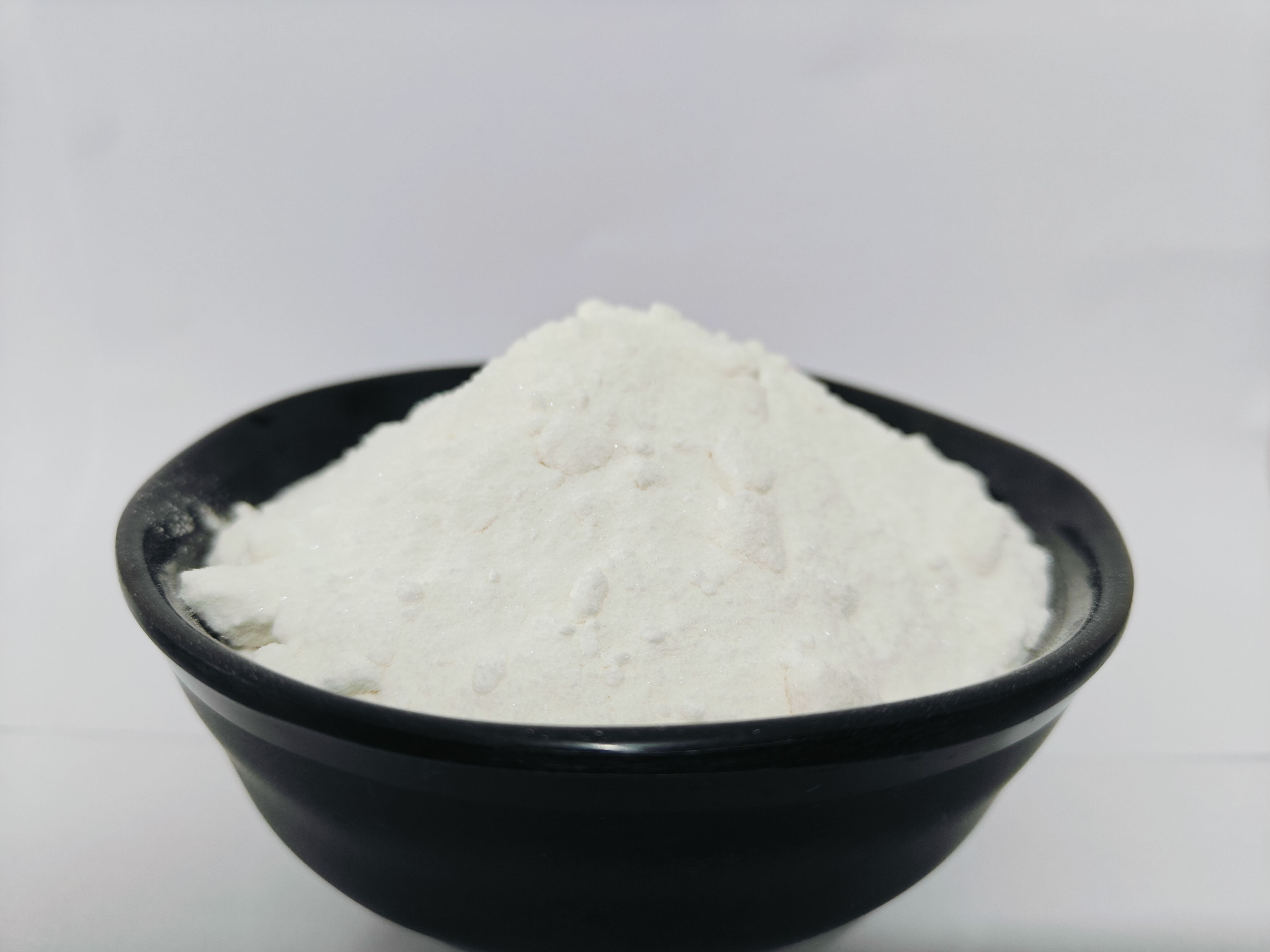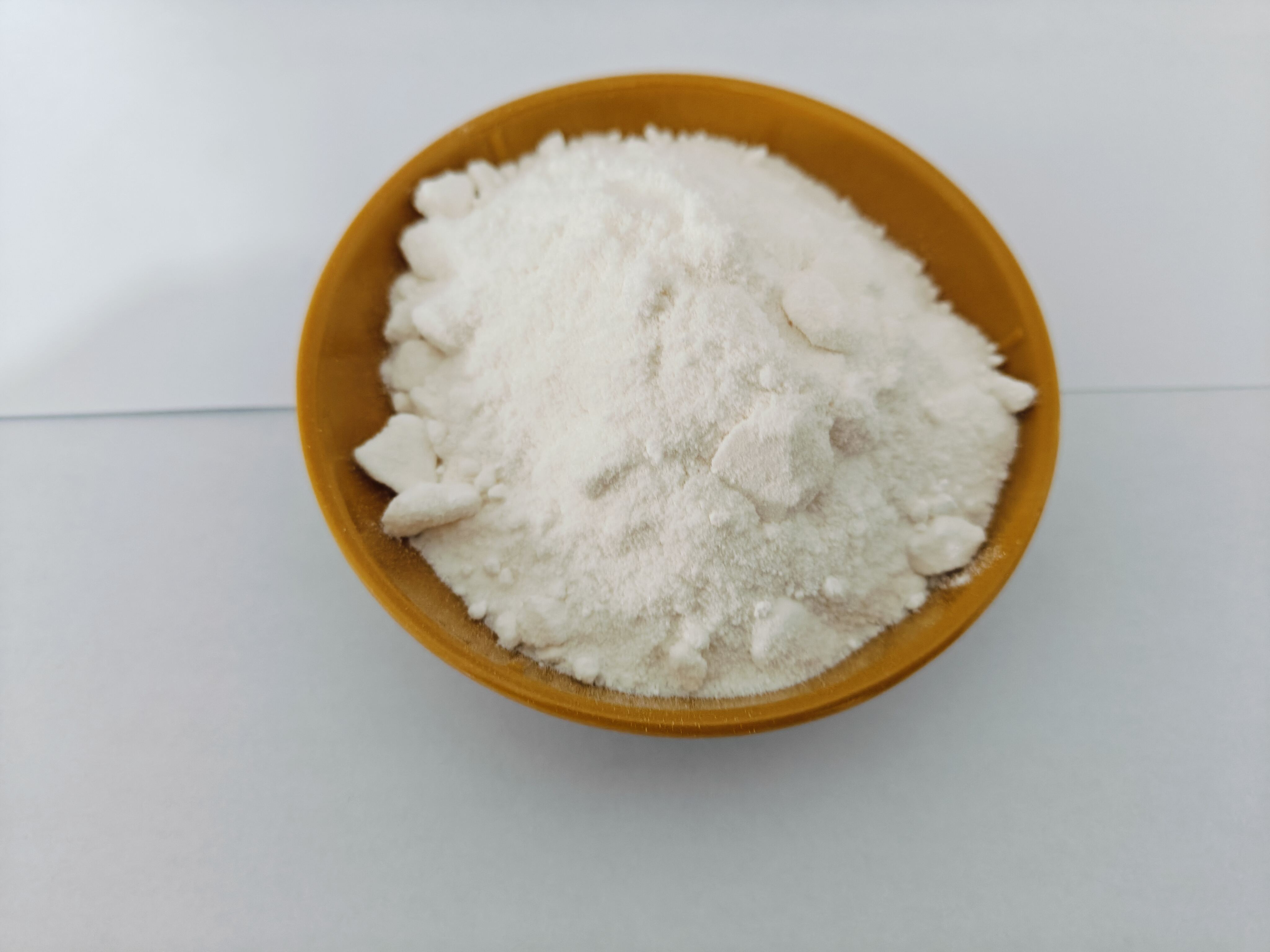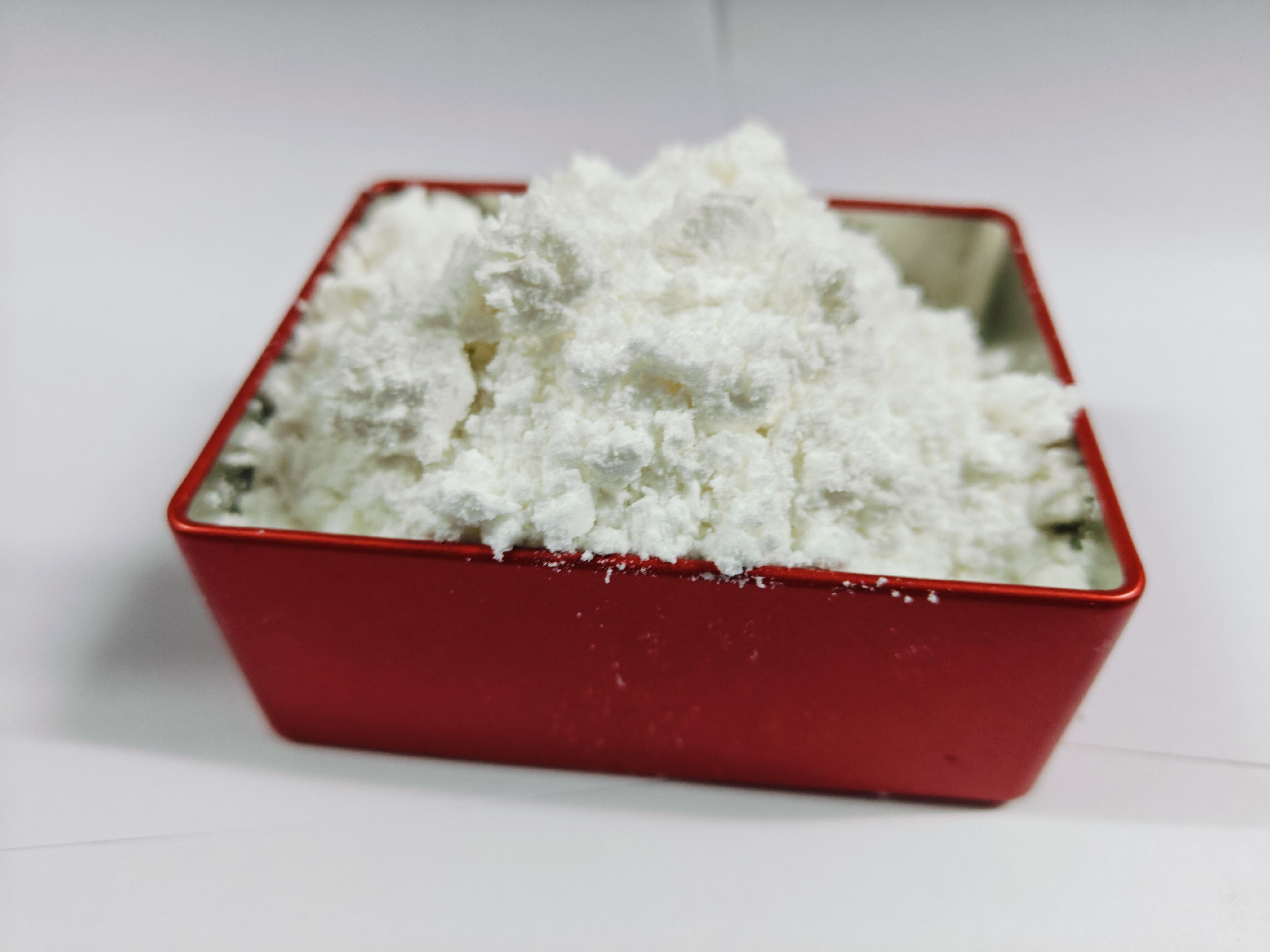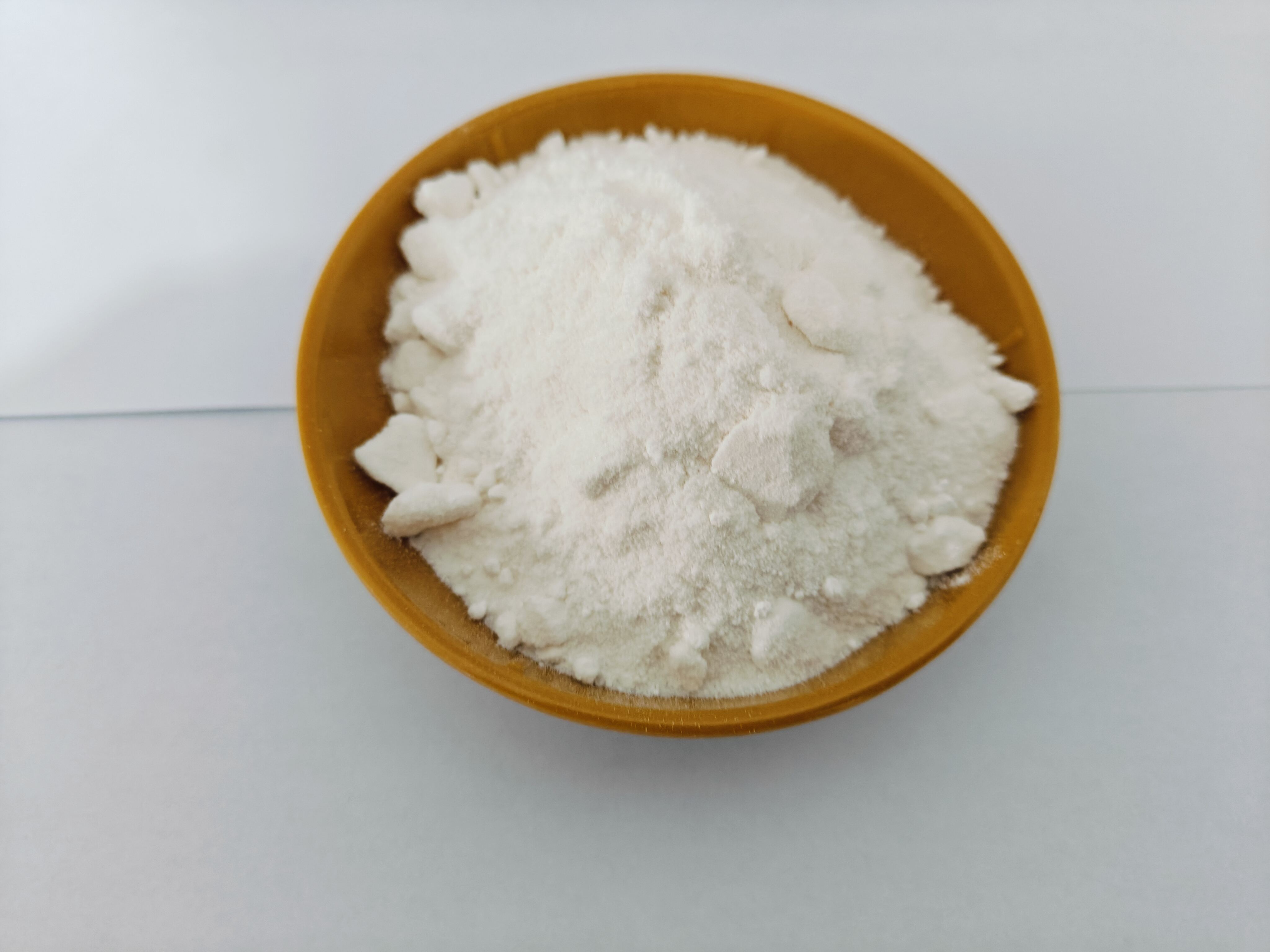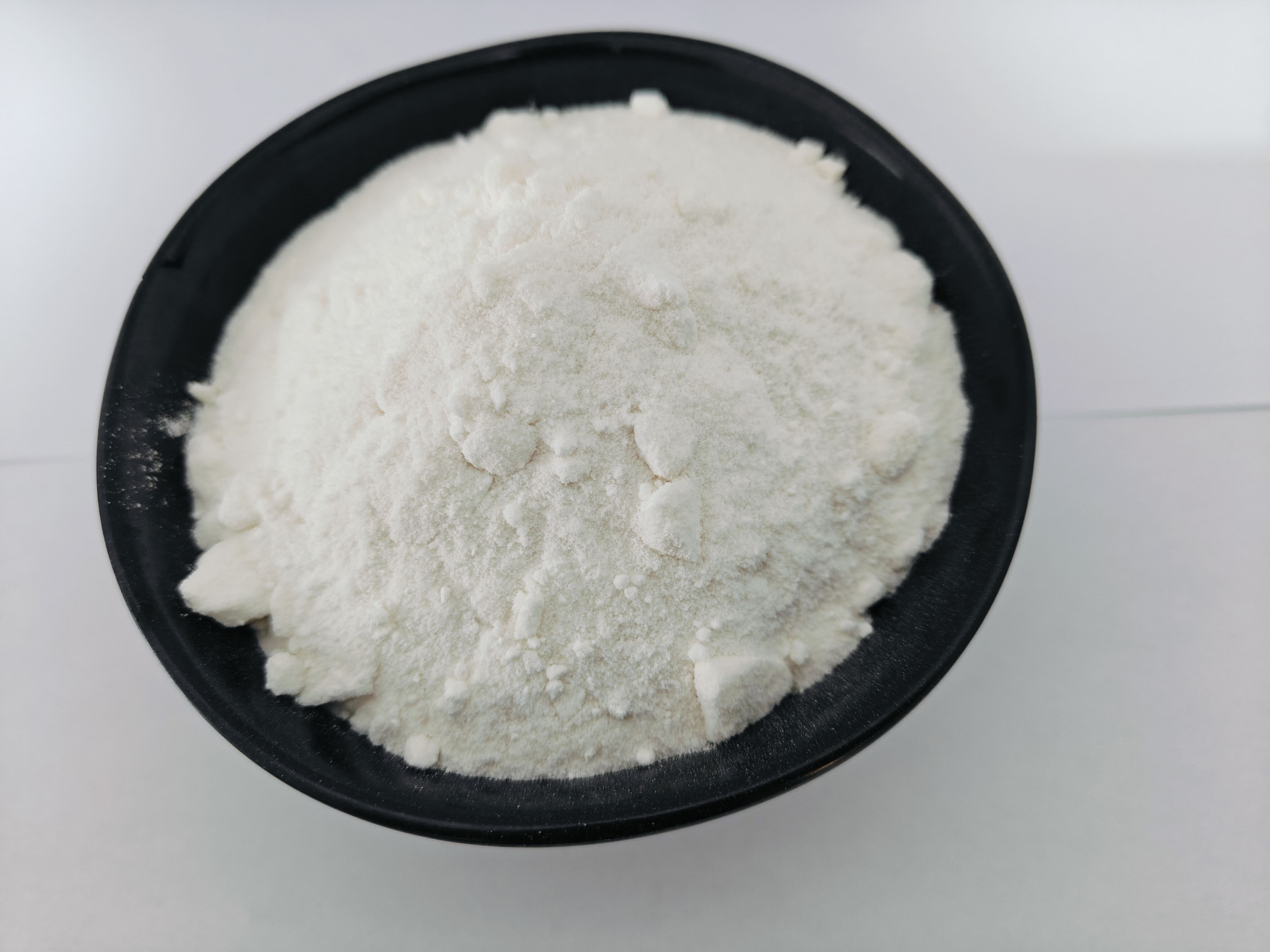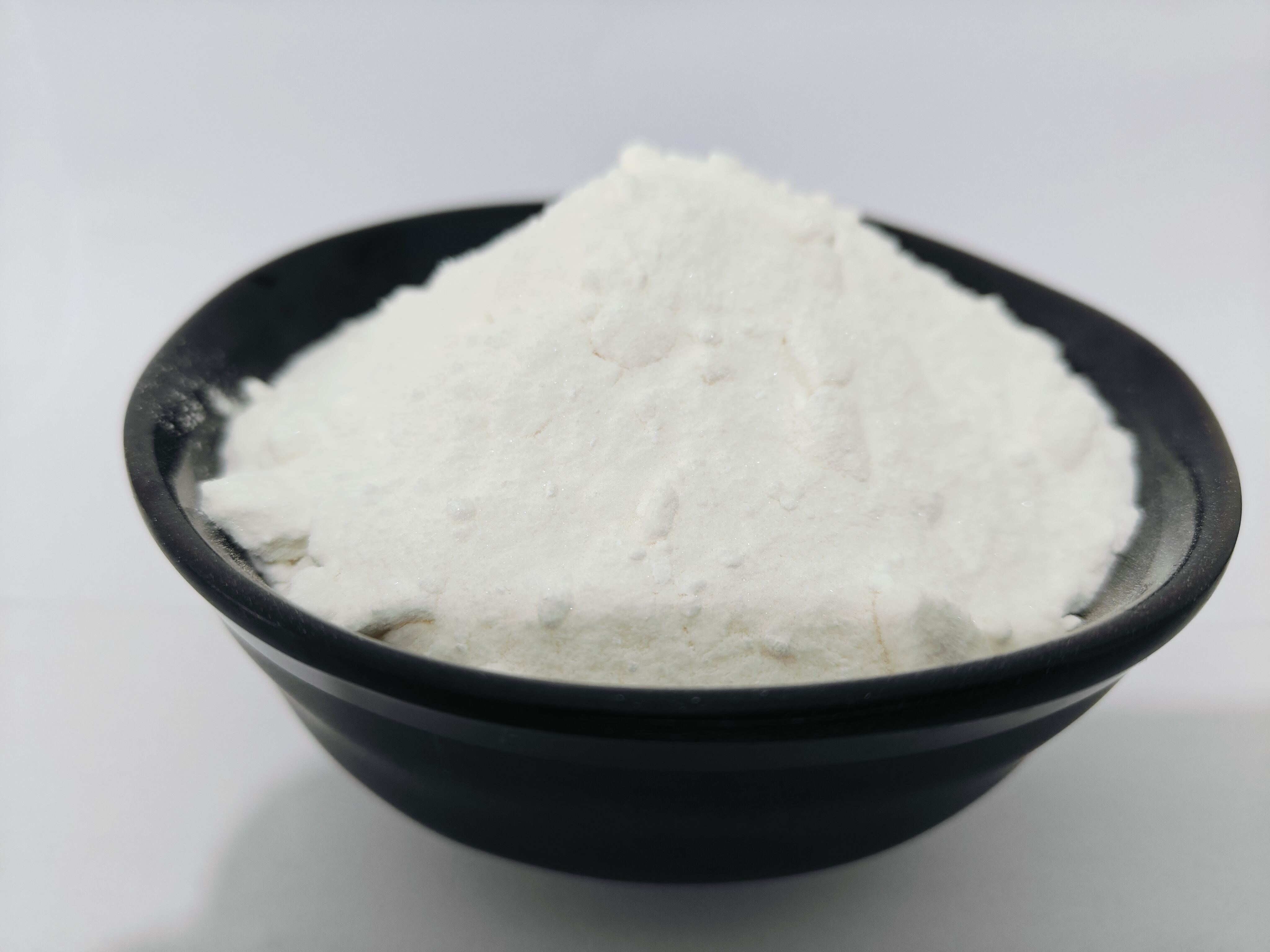wateropname
Wateropname is 'n fundamentele eienskap wat die vermoë van 'n materiaal beskryf om water deur verskeie meganismes op te neem en te behou. Hierdie kritieke proses behels die inkorporasie van watermolekulê in die struktuur van materialen, of dit nou deur oppervlaktesamehang, kapillaire werking of molekulêre binding gebeur. In industriële en kommersiële toepassings speel wateropname 'n lewensbelangrike rol in tal van sektore, vanaf boumaterialen tot konsumerprodukte. Die tegnologie agter wateropname het beduidend ontwikkel, met gevorderde polimere en ingenieerde materialen wat presies kan beheer hoeveel en hoe vinnig water opgeneem word. Moderne wateropnamestelsels maak gebruik van sofistikeerde materialen soos super-opnamepolimere (SAPs), wat in staat is om buitengewone hoeveelhede water, relatief tot hul eie massa, op te neem en te behou. Hierdie materialen vind wydverspreide toepassing in landbou vir grondvochtbehoud, in persoonlike sorgprodukte vir verbeterde opname, en in boumaterialen vir vochtbeheer. Die proses is veral belangrik in kwaliteitsbeheer en materiaaltestoefassings, waar wateropnameverhale as sleutelindikatoren dien van materiaalprestatie en duurzaamheid. Verstaan en beheer van wateropname is essentieel vir produkontwikkeling, aangesien dit direk die prestasie, langdurigheid en funksionaliteit van materialen in verskeie toepassings beïnvloed.

